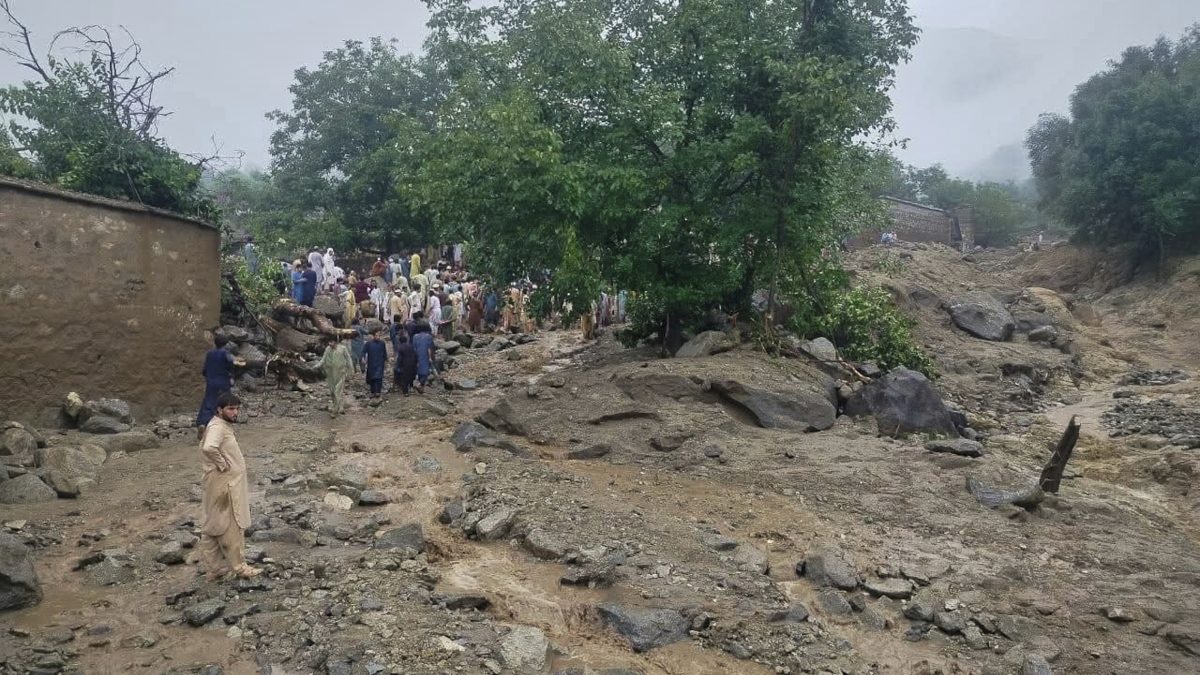Kim Jong Un, the leader of North Korea, asked his party to “accelerate” war preparations, including its nuclear program, according to official media on Thursday. Only one week prior, Kim had threatened Pyongyang that it would not hold back from launching a nuclear strike if it were “provoked” to do so. Kim said these things at the North’s ongoing year-end celebration, where he is anticipated to announce important policy choices for 2024. According to Pyongyang’s official Korean Central News Agency, Kim asked the party to “further accelerate the war preparations” across sectors, including nuclear weapons and civil defense. He also stressed that the “military situation” on the Korean peninsula had become “extreme” due to “unprecedented” anti-North confrontations with Washington. Seoul, Tokyo and Washington have ramped up defence cooperation in the face of a record-breaking series of weapons tests by Pyongyang this year and recently activated a system to share real-time data on North Korean missile launches. Earlier this month, a US nuclear-powered submarine arrived in the South Korean port city of Busan, and Washington flew its long-range bombers in drills with Seoul and Tokyo. The North has previously described the participation of US strategic assets – such as B-52 bombers – in joint drills on the Korean peninsula as the “intentional nuclear war provocative moves of the US”. Pyongyang this year successfully launched a reconnaissance satellite, enshrined its status as a nuclear power in its constitution, and test-fired the most advanced intercontinental ballistic missile (ICBM) in its arsenal. Kim earlier this week defined 2023 as a “year of great turn and great change” in which Pyongyang saw “eye-opening victories”. Last week, the United Nations atomic agency said a second reactor at North Korea’s Yongbyon nuclear facility appeared to be operational, calling it “deeply regrettable.” North Korea is likely to “deploy tactical nuclear weapons in areas near the inter-Korean border” and further advance its nuclear program in the new year, Ahn Chan-il, a defector-turned-researcher who runs the World Institute for North Korea Studies, told AFP. Pyongyang would make such moves to exert “great pressure” on South Korea and the United States, while maintaining close ties with traditional allies Russia and China, he added. - ‘Nuclear confrontation’ - At last year’s year-end party meeting, Kim called “for an exponential increase of the country’s nuclear arsenal”. The United States and South Korea earlier this month held the second meeting of their Nuclear Consultative Group in Washington, where they discussed nuclear deterrence options in the event of conflict with the North. They warned that any nuclear attack from Pyongyang on the United States or South Korea would result in the end of the Kim regime. A spokesperson for North Korea’s defence ministry then slammed the allies’ plans to expand annual joint military exercises next year to include a nuclear operation drill, calling it “an open declaration on nuclear confrontation”. Pyongyang declared itself an “irreversible” nuclear power last year and has repeatedly said it will never give up its nukes programme, which the regime views as essential for its survival. The United Nations Security Council has adopted many resolutions calling on North Korea to halt its nuclear and ballistic missile programmes since it first conducted a nuclear test in 2006. (with inputs from AFP)
Pyongyang this year successfully launched a reconnaissance satellite, enshrined its status as a nuclear power in its constitution, and test-fired the most advanced intercontinental ballistic missile (ICBM) in its arsenal
Advertisement
End of Article


)
)
)
)
)
)
)
)
)



